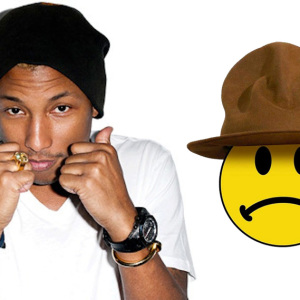In advance of the 35th annual Detroit Jazz Festival, famed jazz saxophonist Joshua Redman candidly shared his thoughts on his career and what the jazz community can do to continue to reach its audiences.
Q: What is the responsibility of the individual musician in this day and age?
A: I would like to say the responsibility of the individual musician is just to play his or her music as honestly, creatively, passionately and with total commitment as possible. Maybe I’m being overly idealistic, but I’d like to believe that’s still true. I’m not super clued in to the young jazz scene these days. I do hear about young musicians, and I play with a lot of them, but I don’t live in New York anymore and have my ear to the ground. But it does seem that the musicians who believe in this music and are committed to it find a way to have a life in the music.
Jazz musicians have to find a way to build their audiences, and they have to find a way to make that work in the new paradigm for information sharing and how music reaches people and new avenues for exposure. A lot of it is about social media. I guess that musicians have to find a way to make that work for them.
Q: What can be done to attract more casual music fans to jazz?
A: Jazz has evolved into a complex and sophisticated modern music, but we as jazz musicians have an emotional connection to the music, in some cases a spiritual connection. The music is serious but it’s also fun and passionate. A lot of jazz musicians are still trying to communicate on an emotional level that we would be if were playing other forms of music, whether it would be rock, or R&B, hip-hop or country. It would be helpful if people could be made to understand that.
These days there’s this popular notion that jazz is this abstract, esoteric music that’s played by jazz musicians for jazz musicians and doesn’t provide anything interesting or moving for average listeners. But I do think for a lot of people when they do go to jazz shows, even if they’re novices, come out feeling some sort of connection. Finding a way to get people in the seats and finding a way to communicate that to people is part of it.
The ecology of jazz has changed a lot over the last 40 years. When I came up, jazz education was important, and the vast majority of the musicians I played with went to music school, even though I didn’t. Now, all of them go to music school. But jazz education — which is a wonderful thing — can leave the sense of musical values shaped a little too much by the educational environment by playing jazz for other jazz musicians and your peers in educational institutions and not having the opportunity to get out there and just play gigs for people who aren’t musicians. A lot of times you can go to some of these shows, especially in the smaller clubs, and most of the audience is other young jazz musicians.
Enjoy the rest of the interview here.
Tags: detroit jazz festival, joshua redman

 Share On Facebook
Share On Facebook Tweet It
Tweet It




